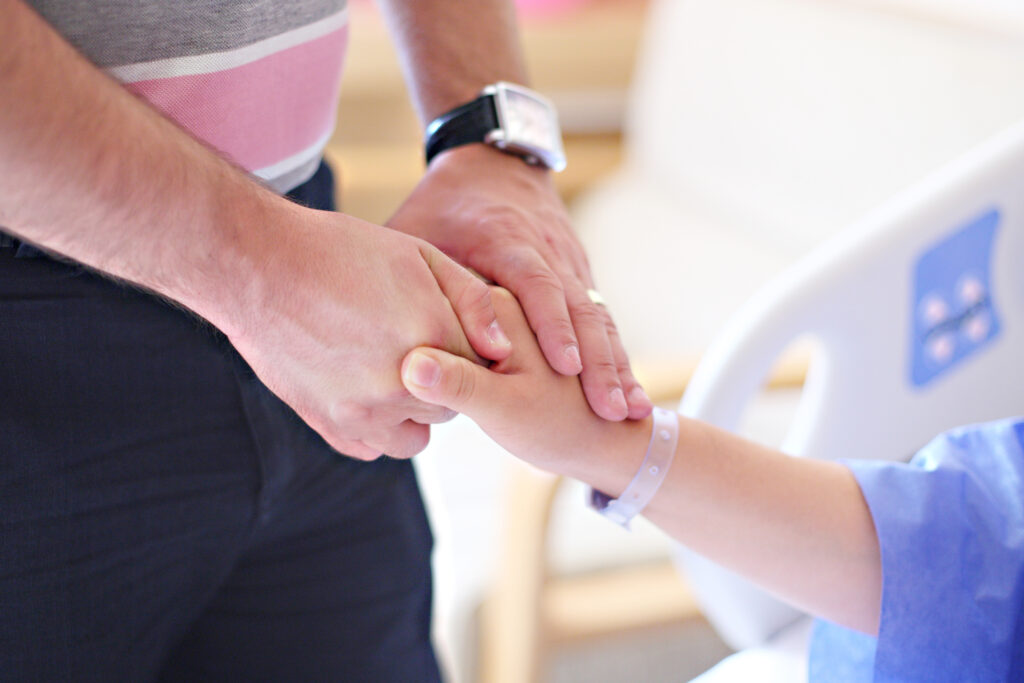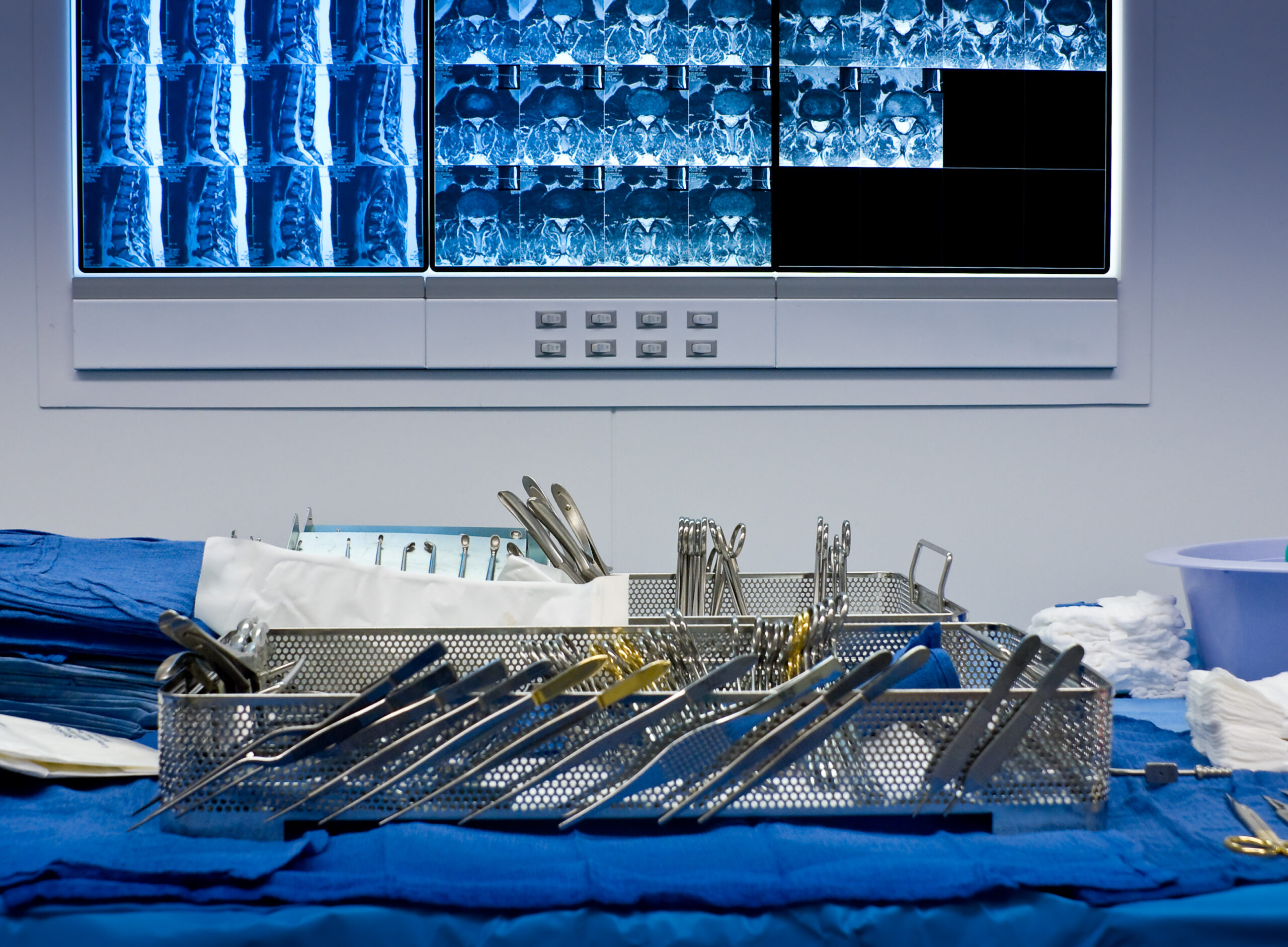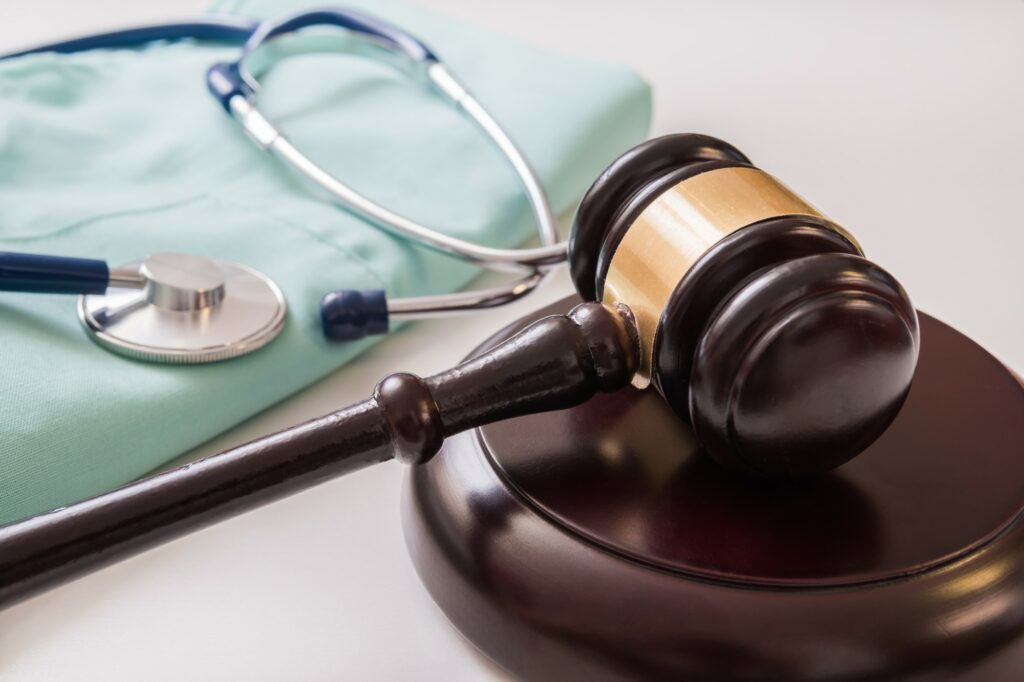Request Free Consultation
Easy. Quick. Confidential.
- We Respect Your Privacy. Privacy Policy.
- Protected By Google reCAPTCHA | Privacy - Terms
Hospital-acquired infections (HAI) or nosocomial infections are preventable and avoidable in many circumstances. When a hospital fails to enforce hand hygiene rules or implement necessary infection prevention practices, patients can suffer serious injury and even death. The failure of a doctor, nurse, or hospital to properly prevent, identify, diagnose, and/or treat a hospital-acquired infection is medical malpractice.
According to the Centers for Disease Control and Prevention (CDC), there are an estimated 1.7 million healthcare-associated infections contracted in American hospitals each year. These healthcare-associated infections account for 99,000 deaths. The CDC indicates that of all healthcare-associated infections:
A HAI can be contracted by something as simple as a hospital staff member failing to wash his or her hands before contact with the patient. Other times, the infection may result from a lack of adequate cleaning of the hospital and its equipment, or the failure to screen an infected patient before admission into the hospital.
Infections may be spread onto surgical instruments, catheters, clothes, bed rails, wheelchairs, and virtually every surface in the hospital. Patients become ill when the infection enters their body by putting their fingers in their mouth, through a surgical incision, or by placement of a urinary catheter.
Methicillin-resistant Staphylococcus aureus or MRSA is a strain of staphylococcus aureus (staph) that has become resistant to commonly used antibiotics, making it difficult to treat.
Most MRSA infections occur in hospitals or other healthcare settings. Healthcare-
associated MRSA (HA-MRSA) infections typically are contracted from invasive procedures or devices, such as surgeries, intravenous tubing or artificial joints.
To prevent HA-MRSA infection, healthcare facilities must take the following prevention methods:




Up to 2 Million patients will acquire a Hospital Acquired Infection (HAI) this year. Approximately 99,000 of those patients will Die from an HAI.

Clostridium difficile or “C. diff.” is a bacterium that can cause symptoms ranging from diarrhea to life-threatening inflammation of the colon (Colitis).
C. difficile is most common in hospitals and other health care facilities, where a much higher percentage of people carry the bacteria. The bacteria are passed in feces and spread to food, surfaces and objects when people who are infected do not wash their hands thoroughly. The bacteria produce spores that can persist in a room for weeks or months. If a person touches a surface contaminated with C. difficile, he or she may then unknowingly ingest the bacteria.
Healthy people usually do not get sick from C. difficile. However, when a patient takes an antibiotic to treat an infection, the drug can destroy some of the normal, helpful bacteria as well as the bacteria causing the illness. Without enough healthy bacteria, C. difficile can quickly grow out of control. The antibiotics that most often lead to C. difficile infections include luoroquinolones, cephalosporins, clindamycin, and penicillins.
Enterococci are bacteria that are normally present in the human intestines and in the female genital tract. The antibiotic vancomycin is the drug generally used to treat enterococcus infections. In some instances, however, enterococci have become resistant to vancomycin and are, therefore, called vancomycin-resistant Enterococcus (VRE). VRE infections are generally contracted in hospitals.
Mr. DiMartini is a New York City personal injury lawyer. Since 1987, he has represented people throughout the New York City metropolitan area who have been injured as a result of medical and hospital mistakes. With a long record of success winning favorable settlements and awards for his injured clients, he knows how to get you the monetary compensation you deserve.
If you believe you have been injured due to a hospital error and contracted a hospital-acquired infection, we are here to fight for your rights. The consultation is free. There is never a fee unless we win your case!
New York City Hospital Acquired Infections Lawyers.